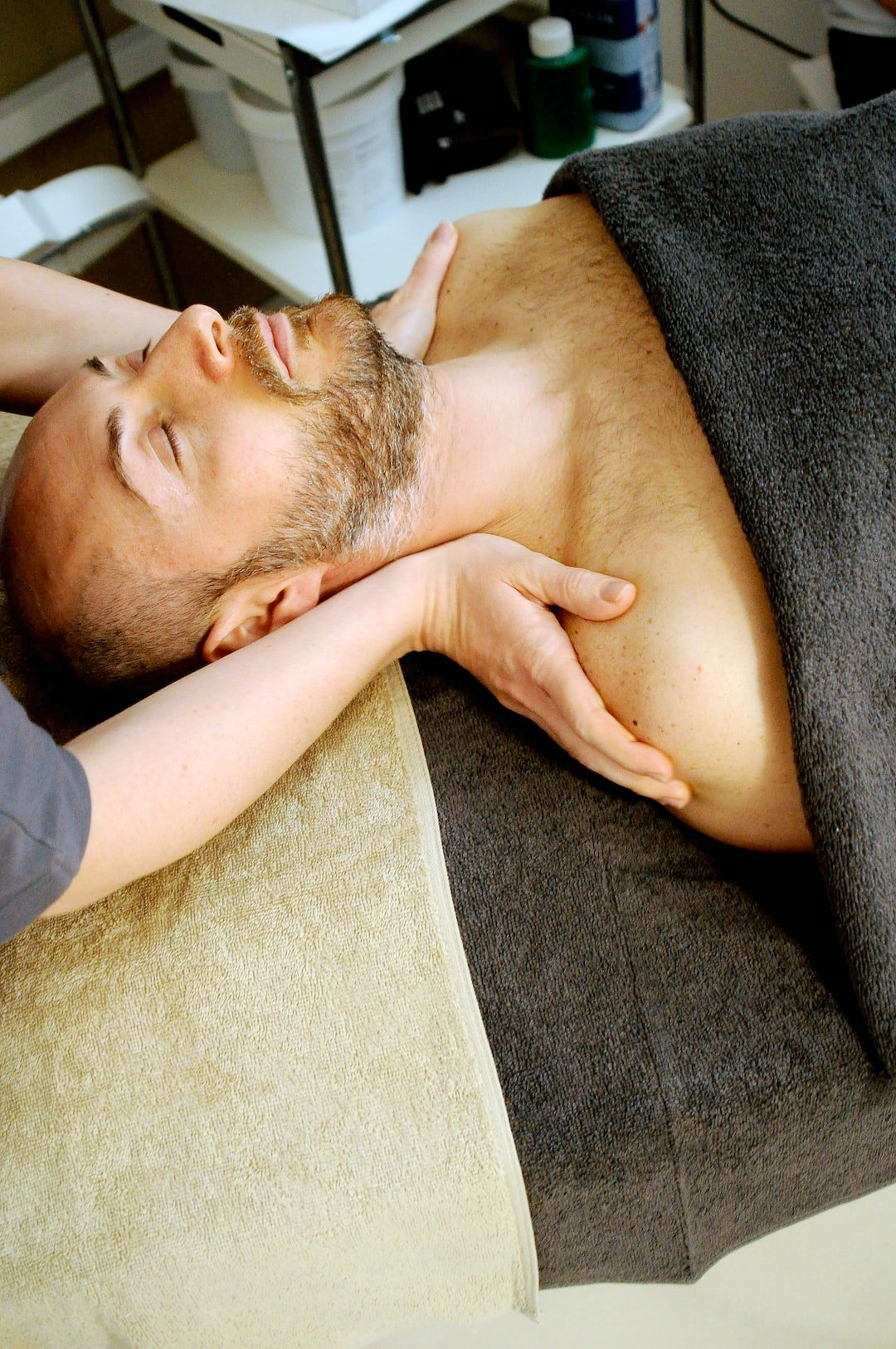Alternative Health Treatments
1. Introduction
Alternative health treatments have gained significant popularity in recent years as people seek alternative approaches to conventional medicine. These treatments offer natural and holistic methods to improve health and well-being. In this article, we will explore different types of alternative health treatments, their benefits, considerations before choosing them, and how to integrate them with conventional medicine.
2. Understanding Alternative Health Treatments
 Alternative health treatments encompass a wide range of practices that focus on the body’s natural healing abilities. These treatments often emphasize a holistic approach, considering the physical, mental, and emotional aspects of a person’s well-being. They aim to restore balance and promote self-healing.
Alternative health treatments encompass a wide range of practices that focus on the body’s natural healing abilities. These treatments often emphasize a holistic approach, considering the physical, mental, and emotional aspects of a person’s well-being. They aim to restore balance and promote self-healing.
3. Types of Alternative Health Treatments
3.1 Herbal Medicine
Herbal medicine involves using plant-based remedies to treat various health conditions. It draws on the healing properties of herbs, flowers, roots, and other plant parts. Herbal medicines can be taken orally, applied topically, or used in the form of teas, tinctures, or capsules.
3.2 Acupuncture
Acupuncture is an ancient Chinese practice that involves inserting thin needles into specific points on the body. It is believed to stimulate the flow of energy and restore balance in the body. Acupuncture has been used to manage pain, reduce stress, and promote overall well-being.
3.3 Homeopathy
Homeopathy is a system of medicine that follows the principle of “like cures like.” It uses highly diluted substances to stimulate the body’s natural healing response. Homeopathic remedies are tailored to each individual based on their unique symptoms and constitution.
3.4  Chiropractic Care
Chiropractic Care
Chiropractic care focuses on the musculoskeletal system, particularly the spine. It involves manual adjustments and manipulations to align the body’s structure, aiming to alleviate pain, improve mobility, and enhance overall health.
3.5 Ayurveda
Ayurveda is an ancient Indian holistic system of medicine that emphasizes the balance of mind, body, and spirit. It utilizes herbs, diet, meditation, yoga, and lifestyle practices to promote well-being and prevent diseases.
3.6 Naturopathy
Naturopathy emphasizes the body’s inherent ability to heal itself through natural therapies. It combines various practices such as nutrition, herbal medicine, hydrotherapy, and lifestyle counseling to support the body’s healing processes.
4. Benefits of Alternative Health Treatments
Alternative health treatments offer several benefits, including:
- Holistic approach: They consider the whole person rather than just focusing on symptoms.
- Fewer side effects: Many alternative treatments have minimal side effects compared to conventional medications.
- Personalized care: Alternative health practitioners often take the time to understand an individual’s unique needs and tailor treatments accordingly.
- Empowerment: These treatments encourage individuals to take an active role in their health and well-being.
5. Considerations Before Choosing Alternative Health Treatments
Before opting for alternative health treatments, it’s important to consider the following:
- Consultation with a healthcare provider: Discuss your options with your primary healthcare provider to ensure compatibility with your existing treatments or conditions.
- Research and evidence: Look for reliable information and scientific evidence supporting the effectiveness and safety of the chosen alternative treatment.
- Individual needs and preferences: Consider your specific health goals, personal beliefs, and comfort level with different treatment modalities.
6. Integrating Alternative Health Treatments with Conventional Medicine
Integrative medicine aims to combine the best practices of both conventional medicine and alternative health treatments. It involves collaborating with healthcare providers from different disciplines to provide comprehensive care. Integrating these approaches can enhance outcomes and improve overall health.
7. Research and Evidence in Alternative Health Treatments
While some alternative health treatments have a long history of use, it’s crucial to rely on scientific research and evidence. Look for studies published in reputable journals, clinical trials, and meta-analyses to evaluate the efficacy and safety of specific treatments.
8. Finding Reliable Alternative Health Practitioners
When seeking alternative health treatments, it’s important to find reputable and qualified practitioners. Consider their credentials, experience, and any certifications or licenses they hold. Seek recommendations from trusted sources or ask for referrals from your primary healthcare provider.
9. Precautions and Safety Measures
While alternative health treatments can offer benefits, it’s essential to take precautions and ensure safety:
- Inform your healthcare provider: Keep them updated about any alternative treatments you are undergoing.
- Allergies and interactions: Be aware of potential allergies or interactions between alternative treatments and any medications you are taking.
- Quality and purity: Ensure the quality, purity, and safety of any herbal supplements or remedies you use.
10. Conclusion
Alternative health treatments provide individuals with additional options for managing their health and well-being. They offer holistic approaches that consider the mind, body, and spirit. However, it’s important to make informed decisions, consult healthcare providers, and rely on scientific evidence to ensure safe and effective treatments.
Frequently Asked Questions (FAQs)
- Can alternative health treatments replace conventional medicine?
- Alternative health treatments should not replace conventional medicine but can complement it. Consult with healthcare professionals for an integrated approach.
- Are alternative health treatments scientifically proven?
- While some alternative treatments have scientific support, others may lack robust evidence. Research specific treatments to understand their efficacy.
- Can anyone try alternative health treatments?
- Alternative health treatments can be suitable for many individuals, but it’s important to consider individual circumstances, consult healthcare providers, and ensure safety.
- Are alternative health treatments covered by insurance?
- Insurance coverage for alternative treatments varies. Check with your insurance provider to determine which treatments may be covered.
- How long does it take to see results with alternative health treatments?
- The timeline for results varies depending on the treatment, condition, and individual. Patience and consistency are key when undergoing alternative health treatments.
In conclusion, alternative health treatments offer diverse options for individuals seeking holistic approaches to their well-being. By understanding different types of treatments, considering their benefits and considerations, and integrating them with conventional medicine when appropriate, individuals can make informed choices to enhance their health and overall quality of life.